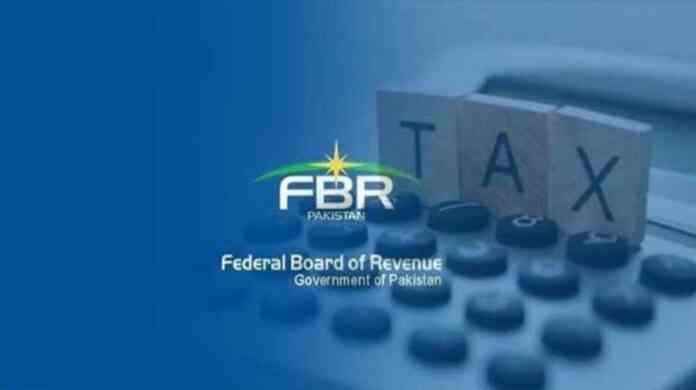Karachi, October 21, 2025 – The Federal Board of Revenue (FBR) has initiated the second phase of hiring third-party tax auditors, but the country currently faces a significant shortage of qualified chartered accountants (CAs) to meet the government’s requirements.
According to independent human resource firms and data provided by the Institute of Chartered Accountants of Pakistan (ICAP), around 537 candidates successfully cleared all CA written exams in July 2025, marking the highest number in the institute’s history. However, approximately 15–20% of these candidates have not completed their CA articleship, reducing the pool of eligible professionals to roughly 430 candidates. Further analysis suggests that 10–15% are serving abroad and 5–10% have over 2–3 years of post-articleship experience, leaving about 300 freshly qualified CAs ready for employment.
In the second phase of hiring auditors, the FBR requires 30% of 1,039 auditors (approximately 312) to be CAs. Human resource experts warn that the existing pool of qualified professionals is insufficient to meet this target. To address this gap, it is recommended that the 30% limitation for CAs be reconsidered, allowing auditors from other professional backgrounds to participate.
Additionally, the number of ACCAs and ACMAs in the North Zone (Khyber Pakhtunkhwa, Islamabad, and Rawalpindi) is extremely limited. On average, only 25–30 ACMAs qualify annually in this region, while ACCAs are similarly scarce, making recruitment a major challenge for the FBR in northern districts.
Experts recommend enhancing salary packages for ACCAs and ACMAs to attract talent and expanding the eligibility criteria to include professionals with M.Com, B.Com, or BBA in Accounting and Finance. This approach would allow FBR field offices to benefit from a diverse pool of skilled auditors, combining the expertise of chartered accountants with management and accounting professionals from other qualifications.
Without urgent measures, the FBR risks delays in its audit assignments, which could impact tax collection efficiency and the overall financial compliance framework in Pakistan.
